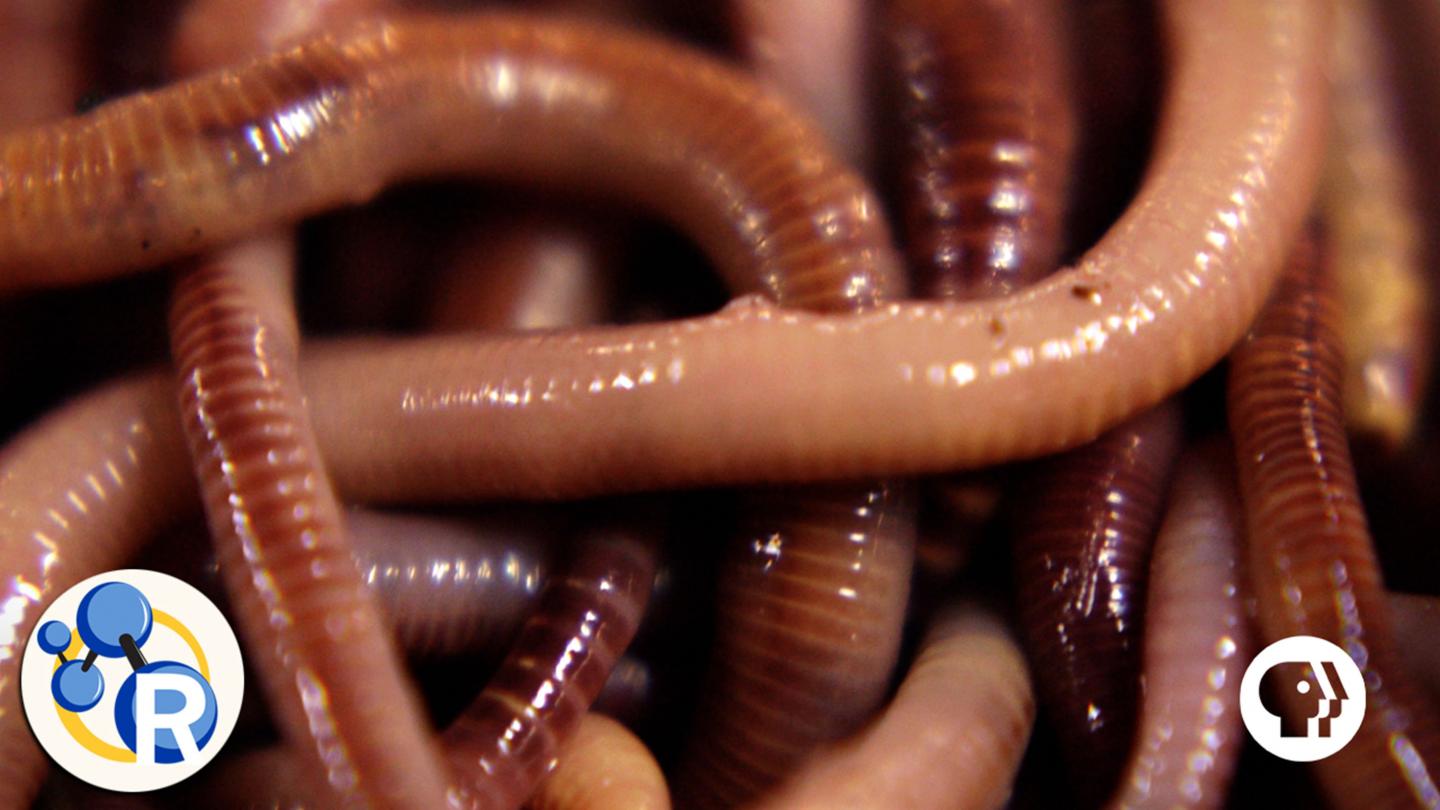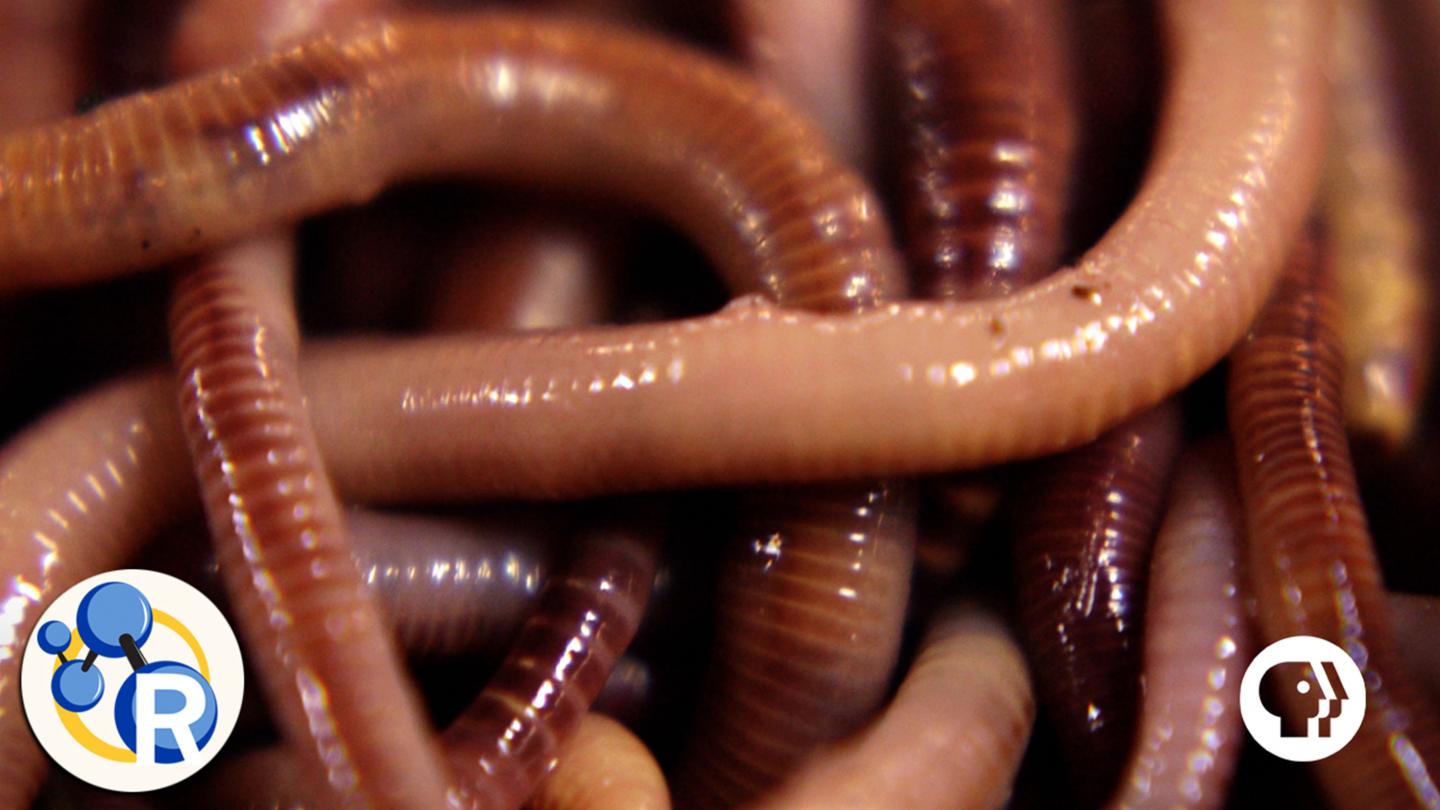
Credit: The American Chemical Society
WASHINGTON, April 19, 2017 — If you're enjoying some tasty food today that has at least one ingredient that was farmed somewhere, you probably owe a little thanks to earthworms. How is it that these detritivores – literally dirt eaters – turn what humans find inedible into beloved compost? After the biology and physics of swallowing and "chewing", like us it's all chemistry for digestion. But earthworms have an extra enzyme that allows them to munch through cellulose, the ultimate fiber that makes tree bark a non-starter in human diets. Yet all this powerful chemistry means not everyone sees earthworms as the greatest creature to crawl – find out all the dirt in the latest Reactions video here: https://youtu.be/2Pa1FwmKZcQ.
###
Subscribe to the series at http://bit.ly/ACSReactions, and follow us on Twitter @ACSreactions to be the first to see our latest videos.
The American Chemical Society is a nonprofit organization chartered by the U.S. Congress. With nearly 157,000 members, ACS is the world's largest scientific society and a global leader in providing access to chemistry-related research through its multiple databases, peer-reviewed journals and scientific conferences. The American Chemical Society does not conduct research, but publishes and publicizes peer-reviewed scientific studies. Its main offices are in Washington, D.C., and Columbus, Ohio.
To automatically receive news releases from the American Chemical Society, contact [email protected]">[email protected].
Follow us: Twitter Facebook
Media Contact
Katie Cottingham
[email protected]
301-775-8455
@ACSpressroom
http://www.acs.org
############
Story Source: Materials provided by Scienmag





